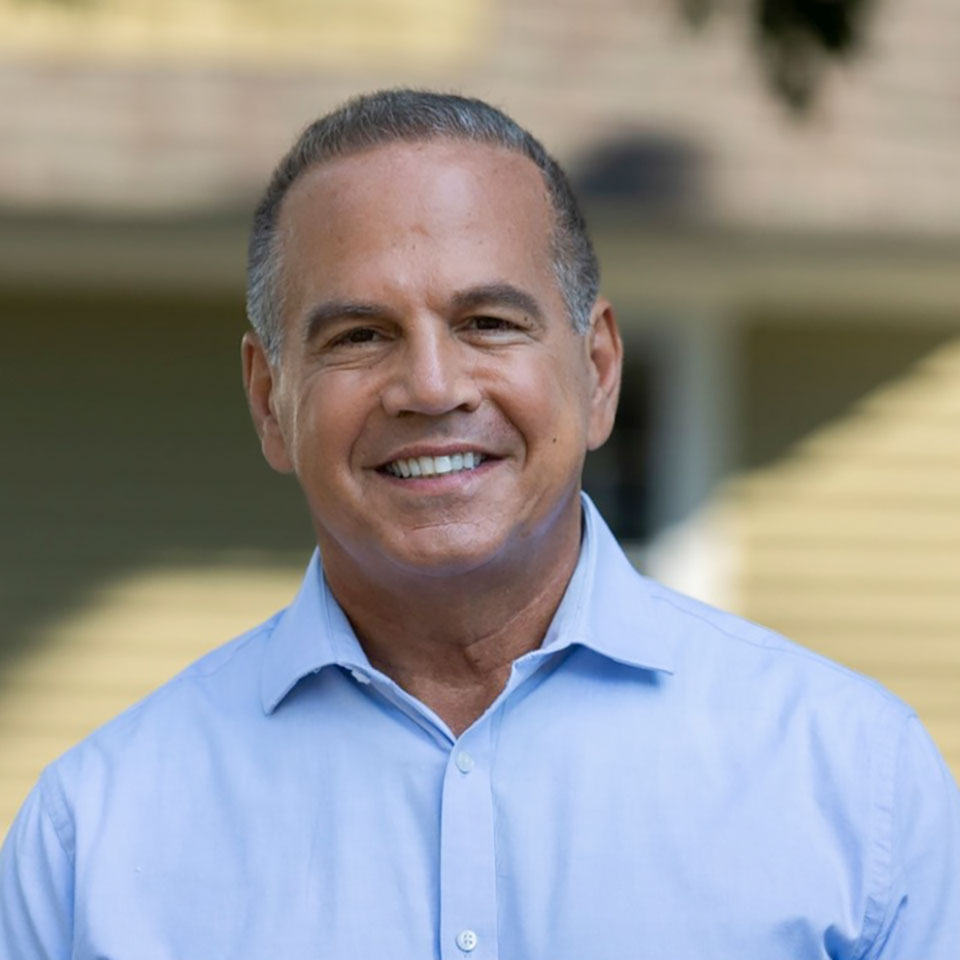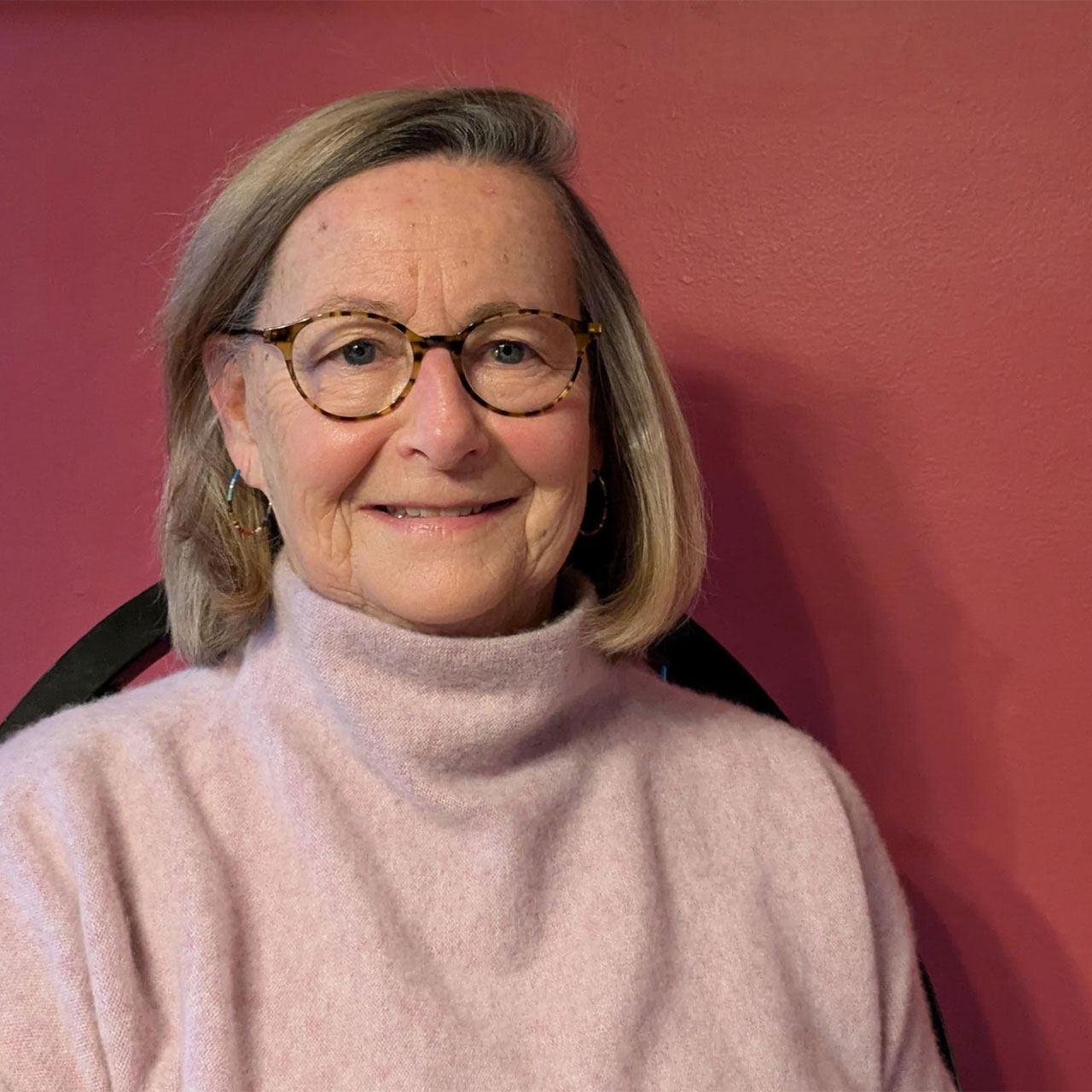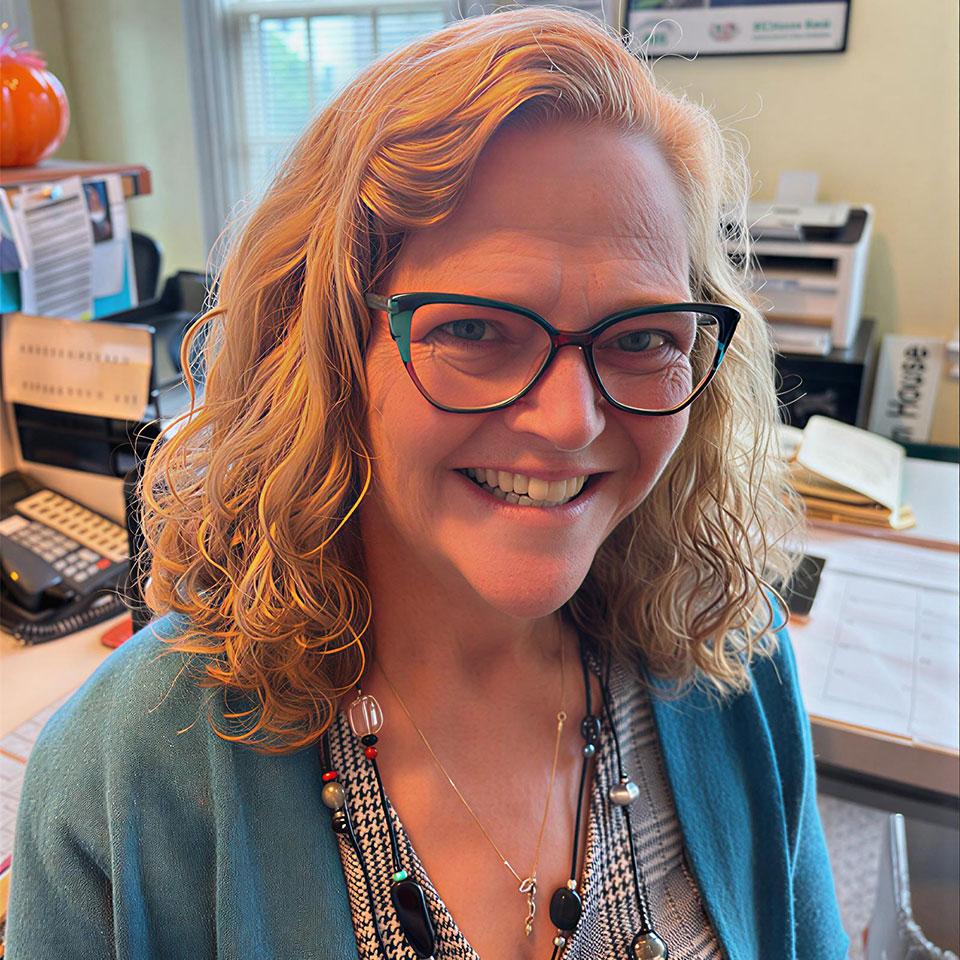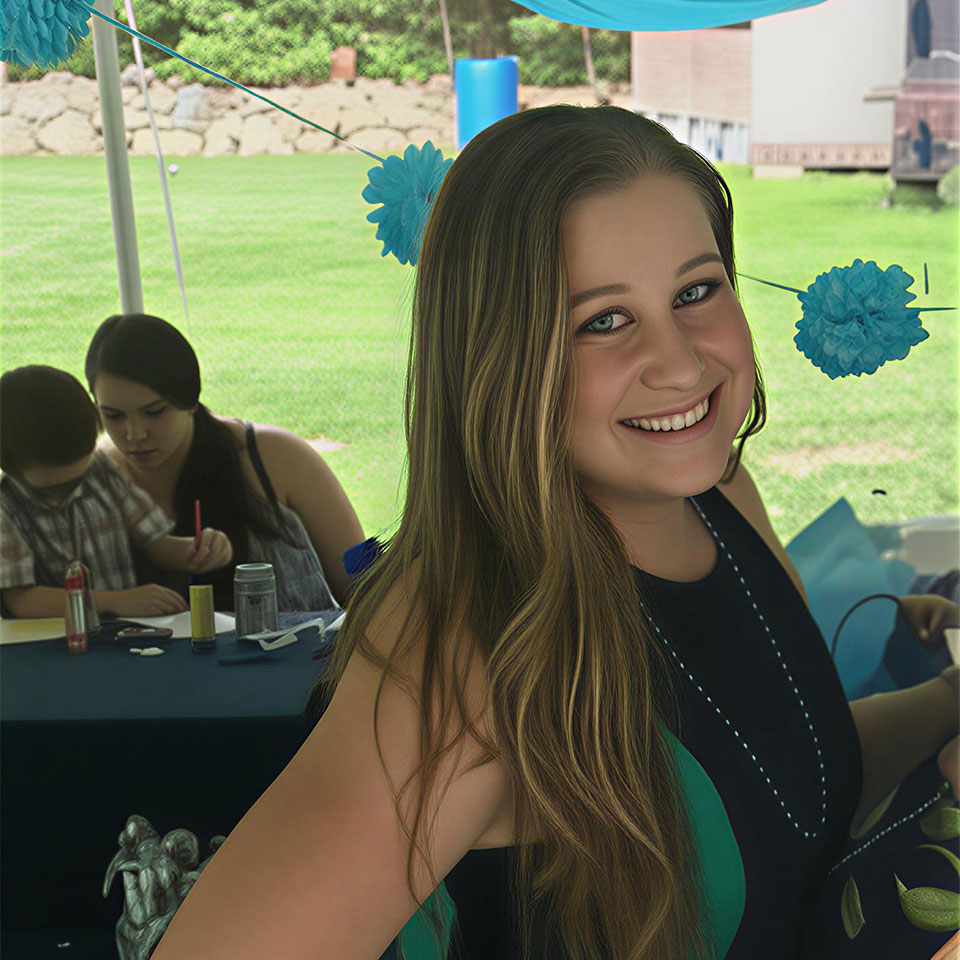David Cicilline
President and Chief Executive Officer

For over two decades, David Cicilline has prioritized housing issues in Providence and Rhode Island, serving as the City’s Mayor and RI Congressman. His work on behalf of families and support of SWAP and other housing organizations has been invaluable.
“I frequently joined SWAP to celebrate its work creating and rehabilitating houses and apartments. Every ground-breaking and every ribbon-cutting was tangible evidence of SWAP’s ability to breathe new life into Providence neighborhoods that had sunken into despair and to offer a better future to people who were struggling to hold on to hope. By engaging the community as members of its board, as staff, and as neighbors, SWAP has ensured that its work always reflects the needs of the people it serves.”
“CDCs (like SWAP) are on the frontlines. Where once they tackled a property or two at a time, many like SWAP have expanded into large-scale housing redevelopment and the creation of commercial space that provides street-level vitality, local jobs, and a place for entrepreneurs to launch their dreams.”
Interview
What are your thoughts on how SWAP has made a difference in housing and revitalizing neighborhoods over the past 50 years?
For two decades as Mayor and as a Congressman, I frequently joined SWAP to celebrate its work creating and rehabilitating houses and apartments. Every ground-breaking and every ribbon-cutting was tangible evidence of SWAP’s ability to breathe new life into Providence neighborhoods that had sunken into despair and to offer a better future to people who were struggling to hold on to hope. By engaging the community as members of its board, as staff, and as neighbors, SWAP has ensured that its work always reflects the needs of the people it serves. There is no more important strategy for community-based organizations than listening to its residents, so it is no surprise that SWAP has been so successful for so long. They have earned the confidence of funders; state, local, and federal officials; and, most importantly, their neighbors.
Community housing development has evolved over the past 50 years – but we find ourselves in a housing crisis. What do you see as the role for SWAP and other CDC’s in finding solutions to create more housing in RI?
We have been talking about the state’s dire housing shortage for two decades. It’s only getting worse. Rhode Island is just not creating enough housing, so rents and home prices have soared to levels no one could have imagined even five years ago. And CDCs are on the frontlines. Each time they transform a vacant lot or a foreclosed property into affordable homes, they are improving the lives of residents and revitalizing our neighborhoods. Where once they tackled a property or two at a time, many like SWAP have expanded into large-scale housing redevelopment and the creation of commercial space that provides street level vitality, local jobs, and a place for entrepreneurs to launch their dreams. But as the work of CDCs has expanded and their successes have revived their communities, gentrification is making their job harder. Competition for real estate is driving acquisition costs higher while at the same time demand for affordable units is increasing as long-time residents are displaced. Good thing CDCs are effective advocates for more resources. Last year’s $120 million housing bond and the package of legislation that was enacted in June will help. CDCs are on the frontlines. Each time they transform a vacant lot or a foreclosed property into affordable homes, they are improving the lives of residents and revitalizing our neighborhoods.
David Cicilline is currently President and Chief Executive Officer of the Rhode Island Foundation.
You might also enjoy

Carla DeStefano
Born from the ashes of burning houses, SWAP marks 50 years of tenacity. We're still fighting the fire of housing affordability.

Marilyn Carlson
Since 2001, Senior Deputy Director Marilyn Carlson has dedicated her career to revitalizing neighborhoods and building affordable housing.

Lynn Sexton
Since 2018, Portfolio Director Lynn Sexton has passionately led SWAP's efforts to revitalize neighborhoods and expand affordable housing access.

